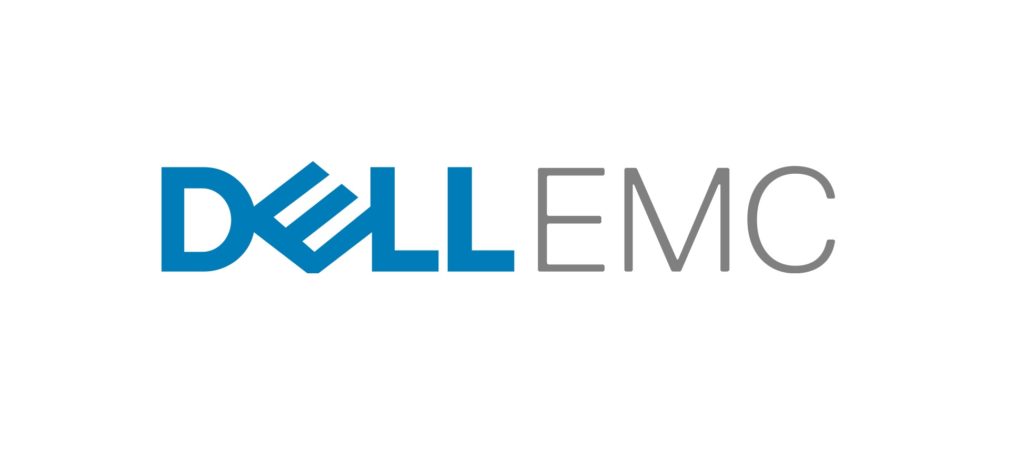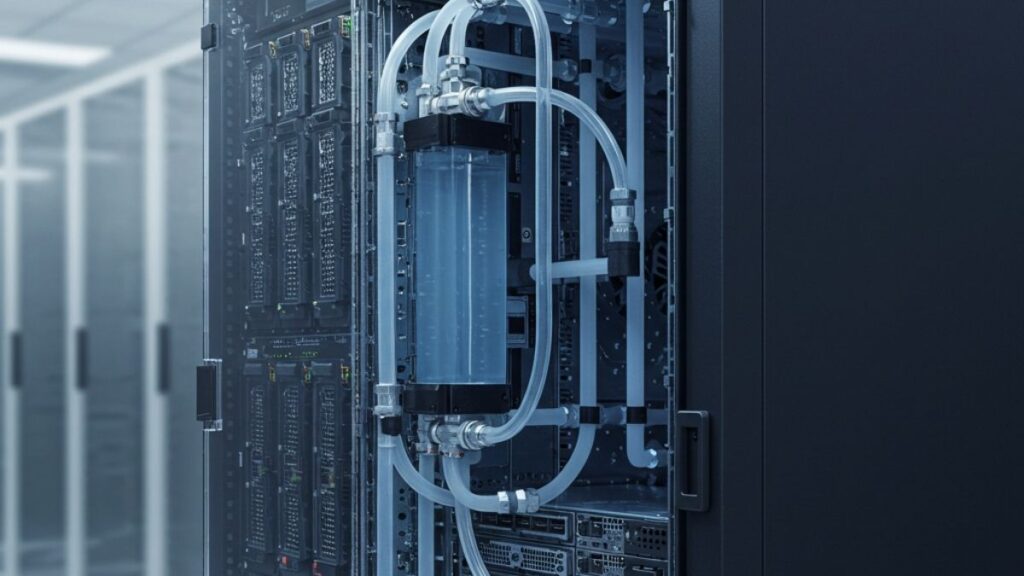One of the things I’ve been impressed with is Dell’s acquisition process. They are the only company that regularly makes company acquisitions that generally end up being worth more then they paid. With other firms it seems to be more miss than hit. One interesting test was their acquisition of EMC. It was interesting because part of Dell’s process is to acquire smaller companies which lowers the degree of difficulty substantially—but EMC was substantially larger than Dell and acquisitions of this type are almost generically disasters. The reason is the complexity and the inability to both do due diligence completely and the tendency to start the merger process after the merger is approved. This last point creates massive uncertainty with employees and the typical inability to start soon puts so much pressure on speed the quality of the process degrades to a point where both firms are typically badly damaged as a result of the process.
Well the storage numbers from IDC are out and Dell now has 31 percent of the enterprise market followed by NetApp with 13.5 percent, HPE with 10.4 percent, and IBM with 7.2 percent. Now, before Dell acquired EMC, NetApp was badly chewing into EMC and EMC was at high risk of being broken up. Now NetApp isn’t performing well, and EMC seems to be running like a top.
Let’s talk about how they got there.
Execution, execution, execution, luck…
I’ll start with the luck part because Dell wasn’t the one that came up with the idea to acquire EMC. Ironically it was Meg Whitman who was running HP at the time. She made a play for the company at the same time some hedge fund managers were trying to break it up. Joe Tucci, who is one of the most brilliant CEOs I’ve ever met, who had rebuilt EMC into a marvel of unique targeted structures and focus saw what appeared to be an existential threat to his company and he needed a white knight.
While EMC and Dell had been partnered in the past they had broken up because EMC wasn’t giving Dell what they’d asked for. Dell wanted to sell custom-built low-cost storage and EMC kept trying to give them expensive top end offerings. So, the partnership failed but, for some strange reason, Tucci and Michael Dell remained friends. So Tucci went to Dell for help and Dell ended up structuring a deal that effectively both made EMC part of Dell and took EMC private.
Dell had been taken private a few years earlier in what appeared at the time to be an impossible task, that they accomplished. Apparently, Michael Dell has never learned the meaning of “impossible” and a lot of folks hope he never will.
In doing the merger they effectively threw out the outdated and problematic rule book and began the integration process with two top executives. They were Howard Elias from EMC, and Rory Read (ex-AMD CEO) from Dell. These two guys did a stunning job of planning the merger so that once approvals were in place they could just execute and execute they did.
Now, over time, there were staffing changes at the top. Tucci stepped out and retired (he’d been putting it off because the board couldn’t find a replacement, and I doubt one existed who wasn’t already a CEO.) and Jeff Clarke moved up to run the combined company. Jeff has been a nice surprise because the jump from running the old Dell PC company to Dell Technologies was massive, but he appeared to make that step easily.
So, it started with luck, but it was successful because people critical to the process on both sides executed the crap out of the effort.
Wrapping Up
Dell was a minor storage player before the acquisition of EMC and they ended up with more market share than the next three companies combined—and their closest competitor is in serious distress. (The storage market is incredibly conservative and a vendor in distress is likely going to take a huge sales hit because of that distress). But what you should take from this is that Dell’s acquisition process modified for a massive acquisition like EMC held because it is an amazingly strong process, because EMC leadership was motivated to get it done (often the executive staff of an acquired firm is looking for new jobs and not engaged), and because both sides executed phenomenally well. And, sometimes, when everyone focuses on the same goal and executes, amazing things happen. Dell’s storage dominance is just one example of what amazing, in this context, means.
- The HP OmniBook X Flip 2-in-1 16-Inch: Your New Digital Swiss Army Knife (Now in Glorious Atmospheric Blue) - June 25, 2025
- The Open AI Avalanche: Why AMD’s Collaborative Spirit Is Outmaneuvering NVIDIA’s Empire - June 22, 2025
- Lenovo Embraces OpenBMC: A Step Towards Greater Transparency and Control in the Data Center - June 17, 2025



